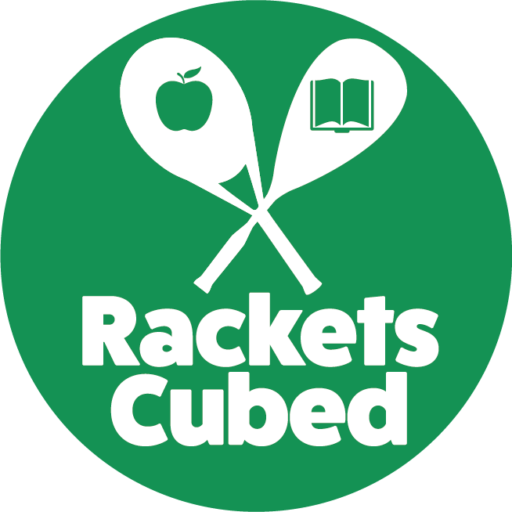Impact and assessment
We carry out impact assessments on 20% of our programmes.
We aim to show what impact we are having on children’s well-being and physical literacy as well as getting feedback on our programmes from all involved. We also carry out case studies, this enables a more in-depth local view on programmes and helps us understand how we can improve.
Physical Literacy
- 78% improved their physical literacy (Leeds, 2022)
- 100% children improved or maintained coordination (Leeds, 2019)
- ‘Squash made me feel more confident and more powerful’ (Year 5 child)
Confidence and happiness
- ‘I’m in a very happy place’ (Student, 2023)
- ‘The children love the programme, it’s very inspiring for them’ (Teacher, 2019)
- 17% of children felt more confident about maths (2023)
Mental well-being
- 90% of pupils said their mental health improved (2022)
- ‘After the session I feel happier, especially after the tennis’ (Year 6 child, 2023)
Evaluation Process
Areas We Evaluate
Our projects have been shown to improve the physical and mental health of the children and to improve their academic attainment and social behaviour.
- Physical fitness and literacy
- Mental Health and Wellbeing
- Academic engagement and attainment
- Behaviour and attendance
- Social skills and aspirational confidence
Our Evaluation Partners
We carry out our impact evaluation using a wide range of participants and external partner organisations.
Programme participants
- Coaches and teachers
- Parents
- Children
These provide us with direct feedback of the projects – what they enjoyed, what was too difficult, what could be improved, what we could do better.
External evaluation partners
- University of Roehampton
- Fitmedia
These provide independent assessments of what impact the projects have had across key areas, such as physical health, mental wellbeing and social behaviour.
Our Evaluation Methods
We use the following methods to assess the impact and effectiveness of our projects:
- Children questionnaires
- Parent questionnaires
- Consultations with teachers and coaches
- Regular monitoring on children’s progress
- Data collection and analysis
Evaluation Reports
Impact Data Infographic 2022-2023
A summary of impact data collected by Rackets Cubed in the academic year 2022-2023.
School Case Studies 2020
Rackets Cubed 2020 Baseline COVID Impact report
This testing completed in September 2020, would provide an indication of the impact of the closure of schools following the Covid-19 health crisis.
Rackets Cubed 2019 Impact Assessment
We worked with Fitmedia to measure the effectiveness of our program over a 12 month period with a sample of participants – with the results confirming that Years Four and Five pupils reaped a wide range of benefits from the Rackets Cubed program.
University of Roehampton 2018 Assessment
Rackets Cubed and the University of Roehampton worked in collaboration to evaluate the impact of the programme at four South West London primary schools. The report confirmed the positive impact on participants.
